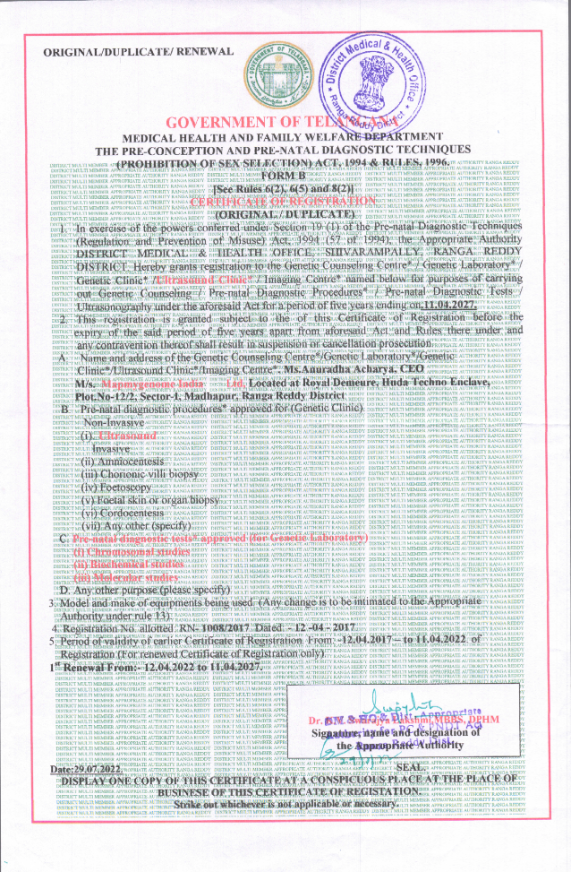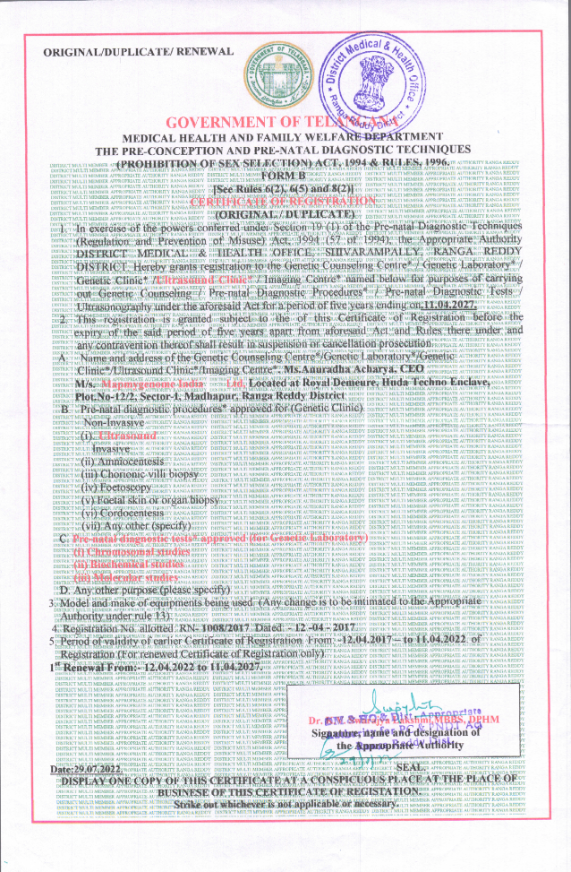Embarking on the journey of parenthood is a remarkable experience filled with anticipation and joy. Alongside the excitement, expectant parents often seek ways to ensure the health and well-being of their unborn child. Prenatal DNA testing has emerged as a valuable tool in this regard, offering insights into the genetic makeup of the fetus and providing an opportunity for early detection of potential genetic conditions or abnormalities. In this comprehensive guide, we will delve into the various aspects of prenatal DNA testing, exploring its purpose, methods, considerations, and timing.
Understanding Prenatal DNA Testing
Prenatal DNA testing, also referred to as prenatal genetic testing, encompasses a range of techniques aimed at analyzing the genetic material of the fetus. These tests are typically conducted during pregnancy to assess the risk of genetic disorders or chromosomal abnormalities. There are several methods of prenatal DNA testing, each with its own benefits and considerations.
-
Non-Invasive Prenatal Testing (NIPT):
Non-Invasive Prenatal Testing (NIPT) is a widely used method that involves analyzing cell-free fetal DNA present in the mother's blood. This test is usually performed between 10 to 13 weeks of pregnancy and can screen for common chromosomal abnormalities such as Down syndrome, trisomy 18, and trisomy 13 with a high degree of accuracy. NIPT offers the advantage of being non-invasive and carries minimal risk to the fetus. -
Chorionic Villus Sampling (CVS):
Chorionic Villus Sampling (CVS) is an invasive procedure that involves collecting a small sample of tissue from the placenta (chorionic villi) for genetic analysis. CVS is typically performed between 10 to 13 weeks of pregnancy and can provide detailed information about chromosomal abnormalities and genetic disorders. While CVS offers comprehensive genetic testing, it carries a slightly higher risk of miscarriage compared to NIPT. -
Amniocentesis:
Amniocentesis is another invasive procedure that involves extracting a small amount of amniotic fluid surrounding the fetus for genetic testing. This test is usually performed between 15 to 20 weeks of pregnancy and can provide information about chromosomal abnormalities and genetic disorders. Like CVS, amniocentesis carries a risk of miscarriage, although the risk is relatively low.
Considerations and Timing
The decision to undergo prenatal DNA testing should be based on individual circumstances, preferences, and risk factors. Some key considerations include:
- Family history of genetic disorders or chromosomal abnormalities.
- Maternal age, as advanced maternal age is associated with a higher risk of chromosomal abnormalities.
- Previous pregnancies with genetic complications.
- The accuracy and reliability of the chosen testing method.
- The potential risks and benefits associated with each testing option.
It's important to note that while prenatal DNA testing can provide valuable information, it cannot predict all possible genetic conditions or guarantee a healthy outcome. Additionally, counseling with a healthcare provider or genetic counselor can provide valuable support and guidance throughout the testing process.
Prenatal DNA testing offers expectant parents valuable insights into the genetic health of their unborn child, allowing for early detection and preparation for potential genetic conditions or abnormalities. By understanding the purpose, methods, considerations, and timing of prenatal DNA testing, parents can make informed decisions about their pregnancy journey. Consulting with healthcare professionals and genetic counselors can provide additional support and guidance, ensuring the best possible outcome for both parent and child.









